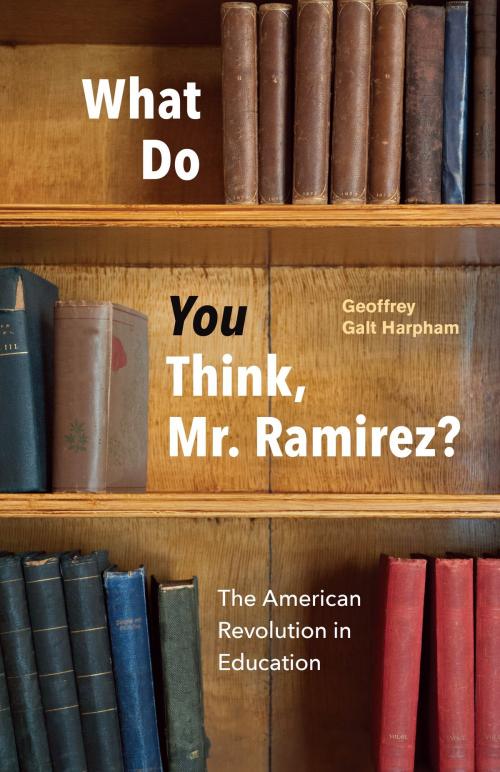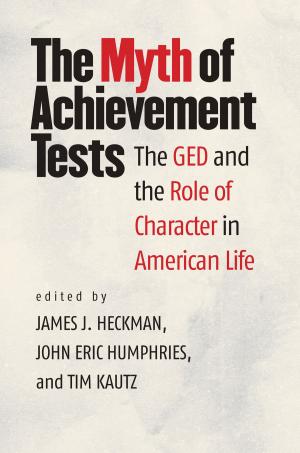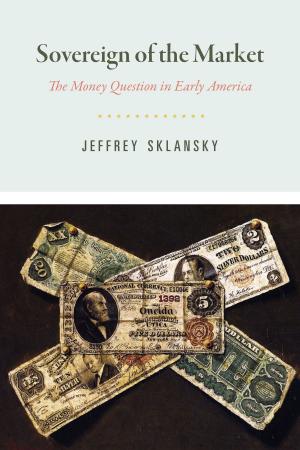What Do You Think, Mr. Ramirez?
The American Revolution in Education
Nonfiction, Reference & Language, Education & Teaching, Higher Education, History, Americas, United States, 20th Century| Author: | Geoffrey Galt Harpham | ISBN: | 9780226480954 |
| Publisher: | University of Chicago Press | Publication: | August 23, 2017 |
| Imprint: | University of Chicago Press | Language: | English |
| Author: | Geoffrey Galt Harpham |
| ISBN: | 9780226480954 |
| Publisher: | University of Chicago Press |
| Publication: | August 23, 2017 |
| Imprint: | University of Chicago Press |
| Language: | English |
Geoffrey Galt Harpham’s book takes its title from a telling anecdote. A few years ago Harpham met a Cuban immigrant on a college campus, who told of arriving, penniless and undocumented, in the 1960s and eventually earning a GED and making his way to a community college. In a literature course one day, the professor asked him, “Mr. Ramirez, what do you think?” The question, said Ramirez, changed his life because “it was the first time anyone had asked me that.” Realizing that his opinion had value set him on a course that led to his becoming a distinguished professor.
That, says Harpham, was the midcentury promise of American education, the deep current of commitment and aspiration that undergirded the educational system that was built in the postwar years, and is under extended assault today. The United States was founded, he argues, on the idea that interpreting its foundational documents was the highest calling of opinion, and for a brief moment at midcentury, the country turned to English teachers as the people best positioned to train students to thrive as interpreters—which is to say as citizens of a democracy. Tracing the roots of that belief in the humanities through American history, Harpham builds a strong case that, even in very different contemporary circumstances, the emphasis on social and cultural knowledge that animated the midcentury university is a resource that we can, and should, draw on today.
Geoffrey Galt Harpham’s book takes its title from a telling anecdote. A few years ago Harpham met a Cuban immigrant on a college campus, who told of arriving, penniless and undocumented, in the 1960s and eventually earning a GED and making his way to a community college. In a literature course one day, the professor asked him, “Mr. Ramirez, what do you think?” The question, said Ramirez, changed his life because “it was the first time anyone had asked me that.” Realizing that his opinion had value set him on a course that led to his becoming a distinguished professor.
That, says Harpham, was the midcentury promise of American education, the deep current of commitment and aspiration that undergirded the educational system that was built in the postwar years, and is under extended assault today. The United States was founded, he argues, on the idea that interpreting its foundational documents was the highest calling of opinion, and for a brief moment at midcentury, the country turned to English teachers as the people best positioned to train students to thrive as interpreters—which is to say as citizens of a democracy. Tracing the roots of that belief in the humanities through American history, Harpham builds a strong case that, even in very different contemporary circumstances, the emphasis on social and cultural knowledge that animated the midcentury university is a resource that we can, and should, draw on today.















